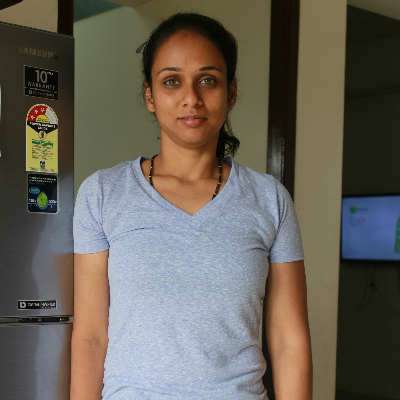Download Free Vegan Starter Kit -

Harvard Professor Recommends Plant-Based Diet For Sustainability and Health
The EAT-Lancet Commission, which consists of 37 globally reputed scientists, has concluded that plant-based diets are healthier and more sustainable than traditional meat diets. The Commission works towards determining healthy food trends and the sustainability of food production.
Walter C. Willett, a Harvard professor and the co-chair of the Commission pointed out the lack of adequate resources to feed a growing population, especially with the current rate of global meat intake. He explained that the production of animal products for such a number would require wiping out forests and consequently increasing carbon and methane emissions – two of the most harmful greenhouse gases. Since more land and water is required to feed animals than humans, a meat-based diet requires more resources than a plant-based diet.
He also mentioned that a plant-based diet can provide the full nutrition profile required by the human body, apart from vitamin B12. The Professor recommended taking supplements for B12 rather than seeking it in animal products, as the latter are also high in cholesterol and saturated fat which increase the risk of cardiovascular disease. “It is much more efficient to eat plants directly rather than feed them to animals and then eat the animals,” he explained.
The Commission has also listed countries based on their eating habits with Mediterranean countries, including Israel and Turkey, ranking the highest with the healthiest eating habits. Since healthier eating consisted of plant-based foods, their food production methods were also the most sustainable. India has scored 50 on a scale of 100, owing to its traditional wholegrain diet.
However, despite the analyses’ indisputable view on meat-based diets, the Commission also observed a growing unsustainable trend with increased red meat consumption in India and China. This is harmful not just for the environment but also for individual health. However, there has been an official government policy issued to lower red meat intake in China to maintain the health rate of the country. Willett also mentioned the need for the U.S. to reduce its meat intake and shift to wholefoods.
He highlighted the importance of government involvement in promoting a healthy and sustainable lifestyle, stating, “Worldwide, government policies, such as subsidies, taxes, research and infrastructure support, play a major role in determining the foods we eat — unfortunately, these policies often support diets that are neither healthy, nor sustainable. Each country should ensure the production and consumption of healthy and sustainable diets for everyone — this is a matter of justice and our collective future.”
A relation was also acknowledged between income and eating trends. High income groups with higher education tend to lean towards plant-based lifestyles for the sake of health and the environment. The availability of a variety of options makes it easier to adopt a plant-based diet today. The progress in the plant-based food sector is a testimony to its popularity.
“Every individual must now make food choices that support their own health, their family’s health and that of our planet. We have strong evidence that this can be achieved by adopting largely plant-based diets, which draw on food traditions from around the world that developed over thousands of years.”
Image Courtesy: Times of India
AUTHOR

trending
Be a Vegan First Informer
Send us buzzworthy news and updates
Explore
Contact Us
About Us
Stay Connected
Copyright ⓒ 2017-2023. VEGAN PASSION PRIVATE LIMITED. All Rights reserved.
For more information, please write to hello@veganfirst.com
Registered Office Address: 55, 2nd floor, lane 2, Westend Marg, Saidullajab, Near Saket Metro Station, New Delhi, Gadaipur, New Delhi South West Delhi, DL

2.png)

.png)

.png)
2.png)
2.png)
2.png)


1.png)












